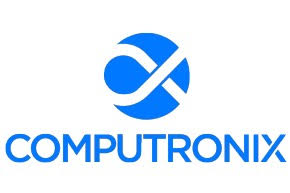We encourage you to work in teams of three, but you may compete individually or in a team of two.
The contest is free of charge; lunch will be provided to competitors at the U of A location.
The contest itself is a collection of approximately 10 problems to be solved using C, C++, Java or Python 3. Team rankings are decided first by number of problems solved, and second by time taken to solve and number of incorrect submissions.
There will be two divisions: Div I is intended for people with some problem-solving experience and Div II is intended for people with less problem-solving experience.
You must register in Division 1 if any team member has completed either CMPUT 204 or CMPUT 275. You may register in Division 1 even if you have not taken these courses.
In each division, the winning team is the one that solves most problems. Ties are broken by penalties.
Penalties are calculated as follows. For each problem that is accepted, you receive M + 20*W penalty points
where M is the number of minutes from the start of the contest before the first accepted verdict for this problem
and W is the number of incorrect submissions for this problem before the first accepted verdict.


